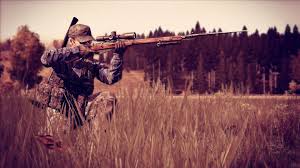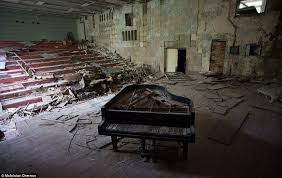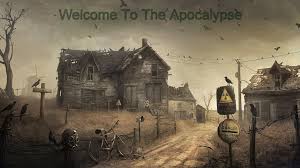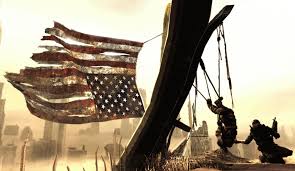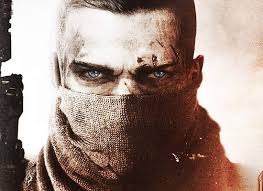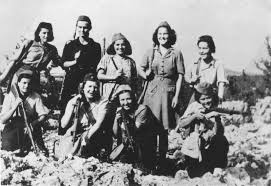It is said that a fault of the poem is the over-emphasized moral ending. How satisfying do you find the poems moral that "he prayeth well, who loveth well Both man and bird and beast"?
The ending of the rime of the ancient mariner (trotam) does lay on a heavy handed moral message about respecting all gods creatures. Whether this helps bring a satisfying end to the story or a anti-climatic ending. It helps bring resolution to the mariners suffering and gives it purpose. Or does is it a obvious and uninteresting way to end such an abstract poem as trotam.Arguing that is a satisfying ending to the poem you must first look back at the rest of the poem. The torment of the mariner by God is truly horrific. But it clearly shows a purpose, when he recognise's the beauty of the sea snakes "their beauty might declare" his curse is lifted as he now appreciates Gods creations, unlike when he shot the albatross. The ending "loveth well both man and bird and beast" shows he has learned the moral message. In this way the ending is very satisfying as it gives the rest of the poem purpose.
Alternatively the moral ending to the poem is unnecessarily obvious and over-emphasized. Trotam is full of subtle hints to religion, like the drinking of the blood "I sucked my blood" is a metaphor of Jesus' sacrifice on the cross. The ending however is too heavy handed in its reveal of the moral message that is clearly shown through the progression of the novel. This ruins the feel of the ending and seems less sophisticated when compared to the subtlety of the rest of the poem.
Another fault of this ending is that it adds to the disappointing ending to the poem. The mariner goes through purgatory to pay for his sins (shooting the albatross), but even after that ordeal he must walk the earth telling his tale as further punishment. Despite having clearly learn't from his ordeal; now loving "both man and bird and beast". This in my opinion makes the purgatory he went through pointless if he is still to be punished with eternal vagrancy. Thus the over-emphasised moral ending doesn't produce a satisfying ending to the poem.
The conclusion is that the ending of trotam isn't improved by the heavy handed use of a moral message. Though it does give purpose to the poem it is unnecessary as the moral message is shown throughout the poem; and it undermines its more subtle aspects. By over-emphasizing its moral message.



